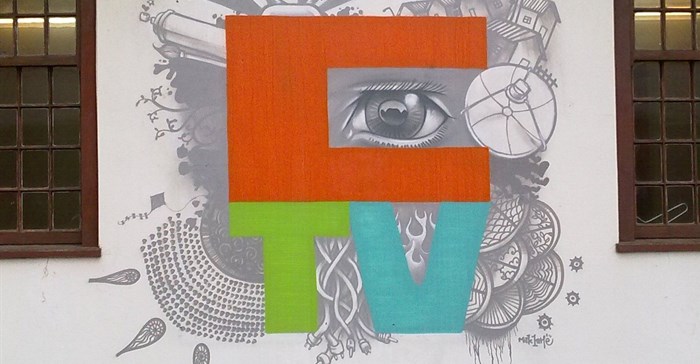
In the analogue transmission environment, the channel was broadcast free-to-air in Cape Town from a single transmitter on Tygerberg hills, but with digital transmissions it is initially being carried on 12 transmitters.
As CTV station director Karen Thorne explains, “The DTT transmissions extend CTV’s broadcast footprint considerably. It now reaches up to Yzerfontein on the West Coast and it covers all the areas on the southern peninsula that previously could not receive the signal from Tygerberg.
“The next step will happen sometime before the end of this year, when CTV becomes available on terrestrial transmitters throughout the Western Cape. The channel is also available across South Africa on Sentech’s FreeVision satellite platform, as well as remaining on DStv Channel 263. We have also launched an online video-on-demand platform that can be accessed at Cape Town TV.”
Thorne said the expansion of community TV stations from local to regional level has stirred some controversy in broadcasting circles. Firstly the move transforms the licensing regime under which community broadcasters were licensed specifically as local channels, and secondly it increases the cost of transmission because the channels have to pay for many more transmitters than before.
A complicating factor has been the shortage of digital TV decoders in the South African retail market. While the government is in the process of distributing and installing 1.5 million decoders to households earning under R3,500 a month, this number represents only 12% of the current free-to-air television audience.
Thorne notes that this deficit in the availability of decoders is a worrying factor for CTV, along with the fact that those who can’t get decoders have to invest in a new digital TV set with a built-in decoder. These IDTVs (integrated digital TV sets) are priced at around R4,500 for a basic model, which represents a barrier for working-class households that don’t qualify for the free government decoder.
“CTV actively campaigned for the date of the switch-off of analogue transmission to be extended past the original date of 31 March 2022, so we are happy that the court case brought by e-Media, the SOS Campaign and Media Monitoring Africa resulted in the switch-off date being extended,” she says. “This gives people more time to invest in the necessary digital TV reception equipment.”
Still, the new transmission environment will bring CTV to people free of charge on the DTT platform.
“As a community broadcaster, CTV has a bottom-up approach to programming whereby the channel is open to programme proposals from anyone in the community,” says Thorne.
“We then assist selected individuals to produce their very own talk show to air on the channel, while those with the capacity to produce their own shows can submit them to CTV for broadcast. We are delighted to bring this model of participatory television to the Western Cape. This is why we have adopted the channel tagline, ‘For You, By You’ - CTV gives citizens and organisations access to the medium of television to use for their own communication purposes, which is vital to enhance democracy in South Africa.”
CTV is currently calling for submissions of video content from organisations and independent producers in the Western Cape. Details of how to get involved are available on the channel’s website.